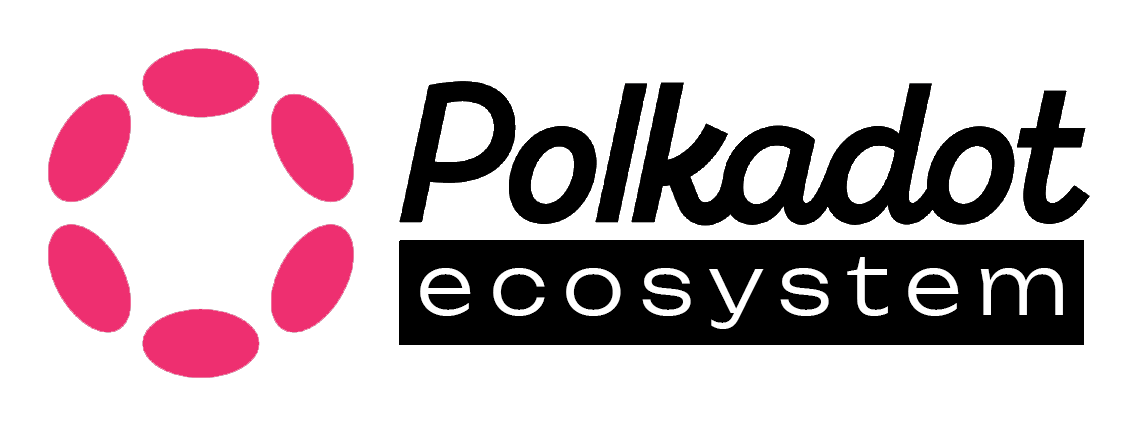Archisinal Empowers AEC with Data Transparency
Ce contenu n’est pas encore disponible dans votre langue.
The Architecture, Engineering, and Construction (AEC) sector is renowned for its complexity, involving numerous stakeholders, intricate processes, and significant financial investments. Despite technological advancements, the industry has struggled with inefficiencies, particularly in data management and dispute resolution. These challenges often lead to delays, cost overruns, and unresolved disputes that can cripple projects. However, with the advent of blockchain technology and artificial intelligence (AI), a new paradigm is emerging—data democratization and arbitration transparency. This article explores how these innovations, particularly within the Polkadot ecosystem, are set to transform the AEC sector, providing a deep dive into the principles, implementation strategies, and potential benefits.
The Challenges in the AEC Sector
Before delving into the solutions, it’s essential to understand the primary challenges that plague the AEC industry:
- Data Silos: The AEC industry operates in a highly fragmented environment, with multiple stakeholders often using different tools and platforms. This fragmentation creates data silos, making it difficult to access, share, and manage project information efficiently.
- Inefficient Dispute Resolution: Disputes in the AEC sector are common, typically arising from miscommunication, unclear contracts, or discrepancies in project execution. Traditional dispute resolution processes are time-consuming and costly, often leading to significant delays in project completion.
- Lack of Transparency: With so many parties involved in a single project, transparency is often compromised. This lack of visibility can result in misunderstandings, mistrust, and ultimately, project failures.
- High Costs and Time Overruns: According to industry reports, 70% of construction projects exceed their budget by at least 10%, primarily due to the inefficiencies mentioned above. These overruns are not just financial burdens but also lead to extended project timelines, affecting overall profitability.
Blockchain and AI: Catalysts for Change
The integration of blockchain and AI offers a promising solution to the challenges in the AEC sector. These technologies enable the creation of a decentralized, transparent, and efficient ecosystem where data is democratized, and arbitration is transparent.
Blockchain for Data Democratization
Blockchain technology is a distributed ledger system that records transactions across multiple computers so that the record cannot be altered retroactively. This feature is particularly valuable in the AEC sector for the following reasons:
- Immutable Records: Blockchain ensures that once data is entered into the system, it cannot be altered. This immutability is crucial for maintaining accurate records of project milestones, contracts, and other essential documents.
- Decentralized Data Storage: Instead of relying on centralized databases, blockchain distributes data across a network of nodes. This decentralization reduces the risk of data breaches and ensures that all stakeholders have access to the same information.
- Smart Contracts: Smart contracts are self-executing contracts with the terms of the agreement directly written into code. These contracts automatically execute actions when predetermined conditions are met, ensuring that all parties adhere to the agreed-upon terms without the need for intermediaries.
AI for Efficient Project Management and Dispute Resolution
Artificial intelligence complements blockchain technology by providing tools for efficient data management and dispute resolution:
- Automated Data Analysis: AI can analyze vast amounts of data generated during construction projects, identifying patterns, predicting potential issues, and providing insights for better decision-making.
- AI-Driven Dispute Resolution: AI can assist in resolving disputes by analyzing project data, identifying discrepancies, and providing evidence-based recommendations. This approach not only speeds up the resolution process but also ensures that decisions are fair and unbiased.
- Enhanced Communication: AI-powered tools can facilitate better communication among stakeholders by providing real-time updates, automated notifications, and intelligent chatbots that can answer queries and resolve issues on the spot.
Archisinal and the Future of AEC Case Study
Archisinal, a pioneering platform within the Polkadot ecosystem, exemplifies how blockchain and AI can be leveraged to address the challenges in the AEC sector. The platform aims to revolutionize the way we interact with real-world assets in the built environment by providing a transparent, decentralized, and efficient project management solution.
The Arisal Platform: Key Features
- Transparent Data Dashboard: Archisinal offers a fully transparent data dashboard that can be accessed and queried by all stakeholders. This transparency drives accountability, reduces disputes, and enhances communication across the project lifecycle.
- Tokenization of Assets: Architects and designers can mint their work on the Archisinal platform, attaching intellectual property rights to tokenized assets. This tokenization ensures that any transfer of design also equates to a transfer in legal ownership, providing a secure and traceable method of asset management.
- Decentralized Dispute Resolution: Archisinal’s decentralized dispute resolution toolkit leverages a pool of independent arbitrators, whose credentials are verified through decentralized identifiers (DIDs). These arbitrators, protected by pseudonymous digital identities, provide unbiased resolutions to disputes, saving time and money.
- AI-Powered Project Management: Throughout the project lifecycle, AI agents pull key milestones onto the blockchain, ensuring transparency and efficiency. These agents also distribute rewards for timely deliverables, increasing both efficiency and profit margins for developers.
Real-World Implementation: The UBA Partnership
Archisinal’s partnership with the University of Buenos Aires (UBA) is a significant milestone in testing and validating its platform. UBA, a top-performing university in Latin America, offers a unique opportunity for Arisal to demonstrate its capabilities in a real-world environment.
- On-Chain Architecture Competition: In collaboration with UBA, Archisinal is hosting the world’s first on-chain architecture competition. The winning design will be built in real life, showcasing how decentralized decision-making and data democratization can positively impact community-driven projects.
- Iterative Feedback and Development: Archisinal will continue to iterate on its platform, adding features like staking, decentralized identifiers (DIDs), and an all-in-one project management solution. This iterative approach ensures that the platform evolves to meet the needs of its users, driving continuous improvement.
The Future of AEC: A Decentralized and Transparent Ecosystem
The integration of blockchain and AI in the AEC sector is not just a technological upgrade—it represents a fundamental shift in how projects are managed, disputes are resolved, and data is handled. By democratizing data and ensuring arbitration transparency, these technologies have the potential to:
- Reduce Costs and Time Overruns: With better data management, automated processes, and transparent decision-making, projects are more likely to stay on budget and on schedule.
- Enhance Collaboration: Decentralized platforms like Archisinal enable better collaboration among stakeholders, reducing the likelihood of disputes and improving overall project outcomes.
- Promote Innovation: By providing a secure and transparent environment for project management, blockchain and AI encourage innovation, allowing architects, engineers, and developers to experiment with new ideas and approaches without the fear of data theft or mismanagement.
- Increase Trust: Transparency is key to building trust among stakeholders. When all parties have access to the same information and know that it cannot be altered, they are more likely to trust the process and each other.
Conclusion
The AEC sector stands at the cusp of a digital revolution, driven by the twin forces of blockchain and AI. Platforms like Archisinal are leading the charge, demonstrating how data democratization and arbitration transparency can address longstanding challenges in the industry. As these technologies continue to evolve, they promise to usher in a new era of efficiency, collaboration, and trust in the AEC sector, benefiting all stakeholders involved.
This article has aimed to provide a comprehensive overview of the potential of blockchain and AI in transforming the AEC sector. By focusing on data democratization and arbitration transparency, the industry can move towards a more decentralized, transparent, and efficient future. The successful implementation of these technologies, as exemplified by Archisinal, will be crucial in achieving these goals.

